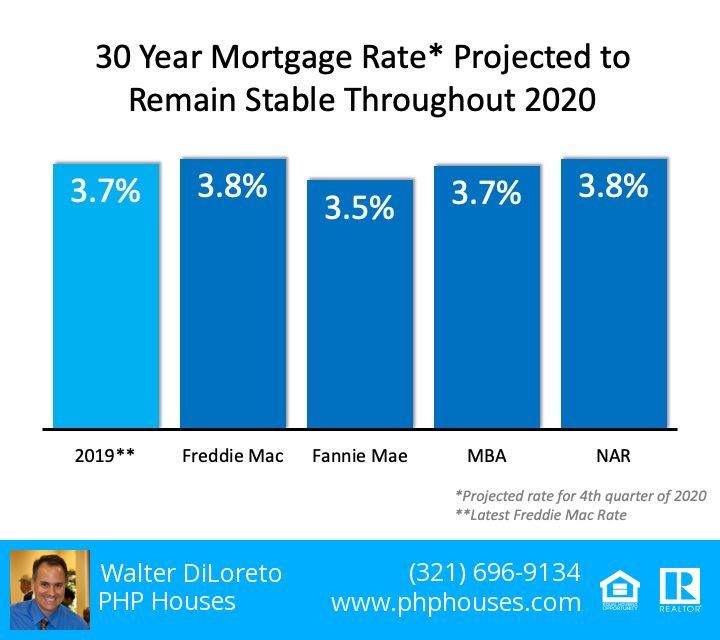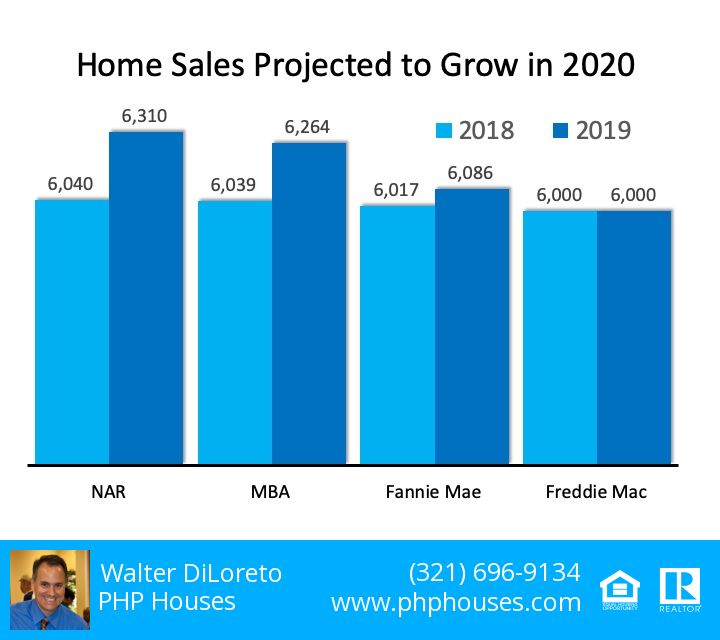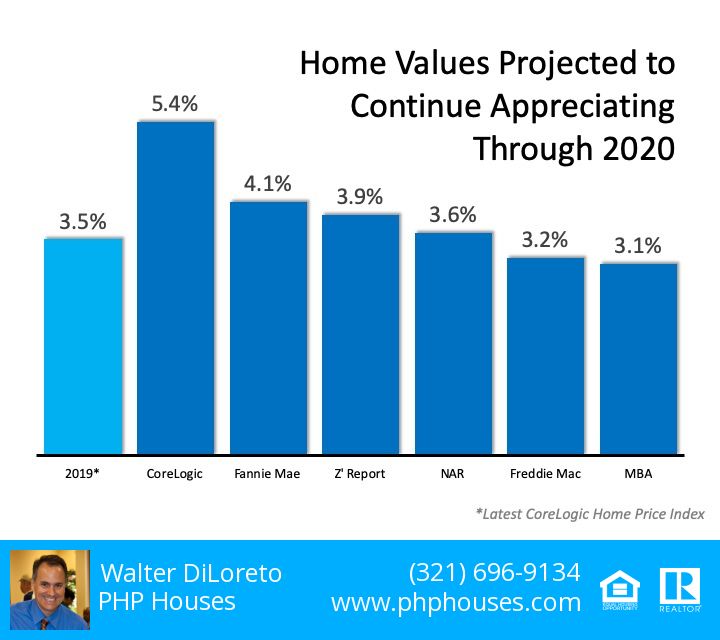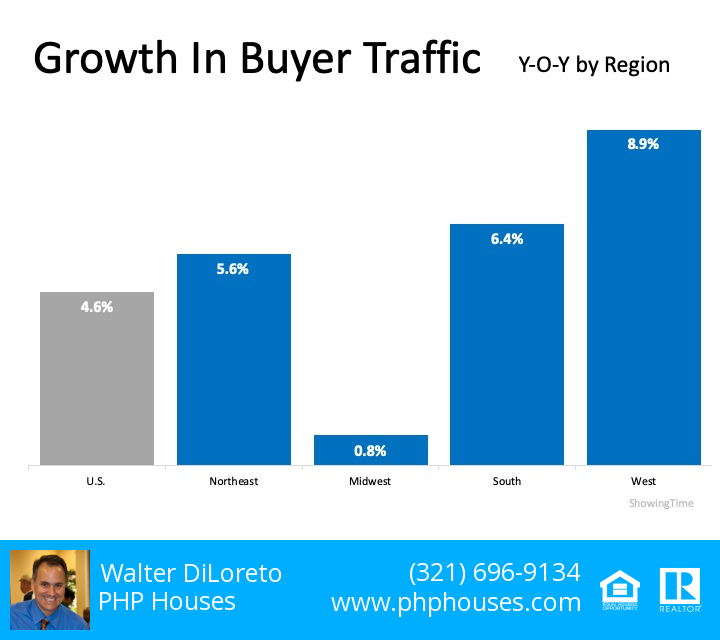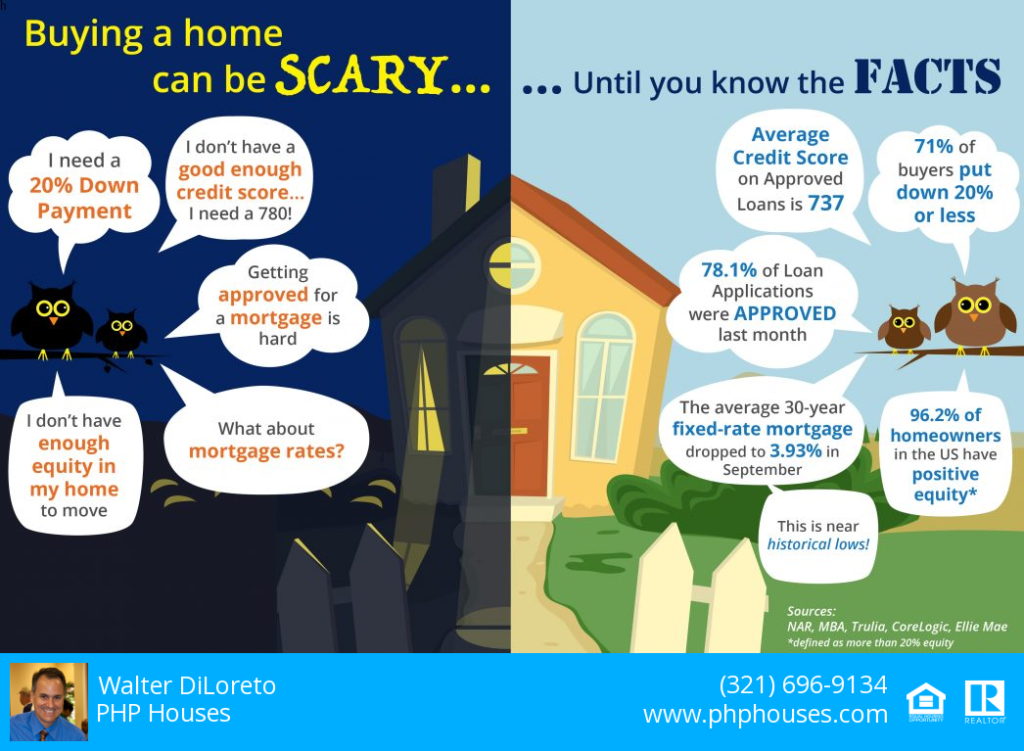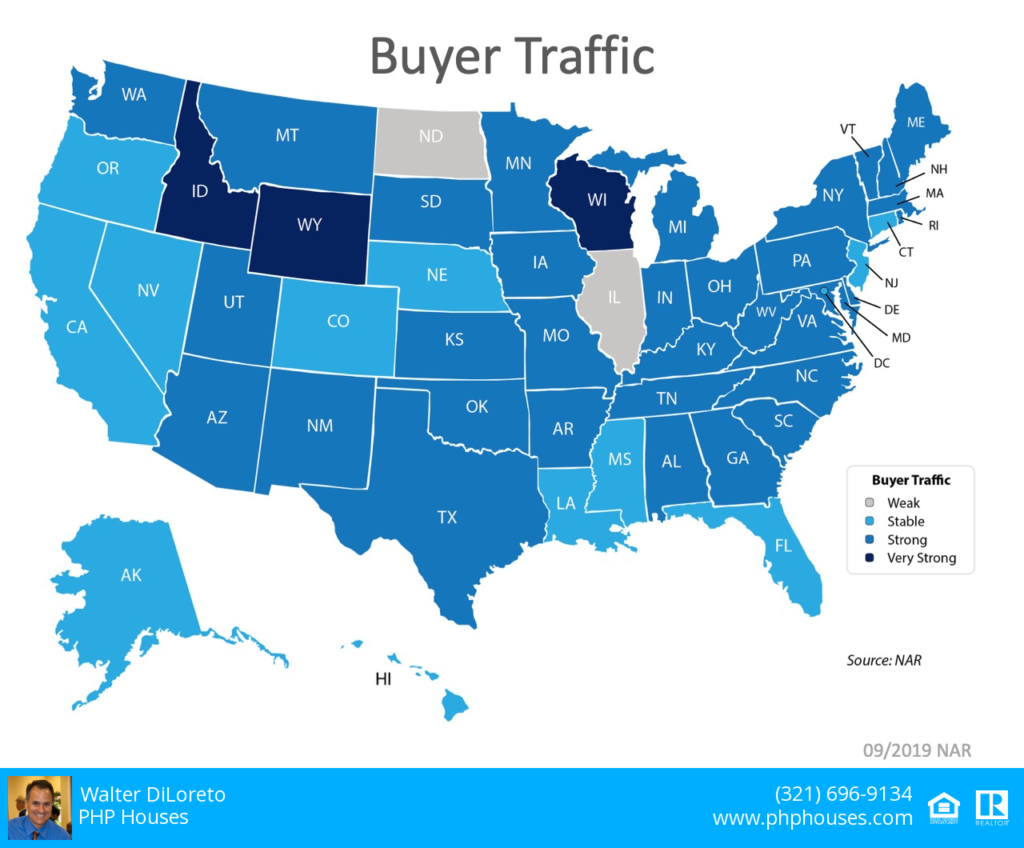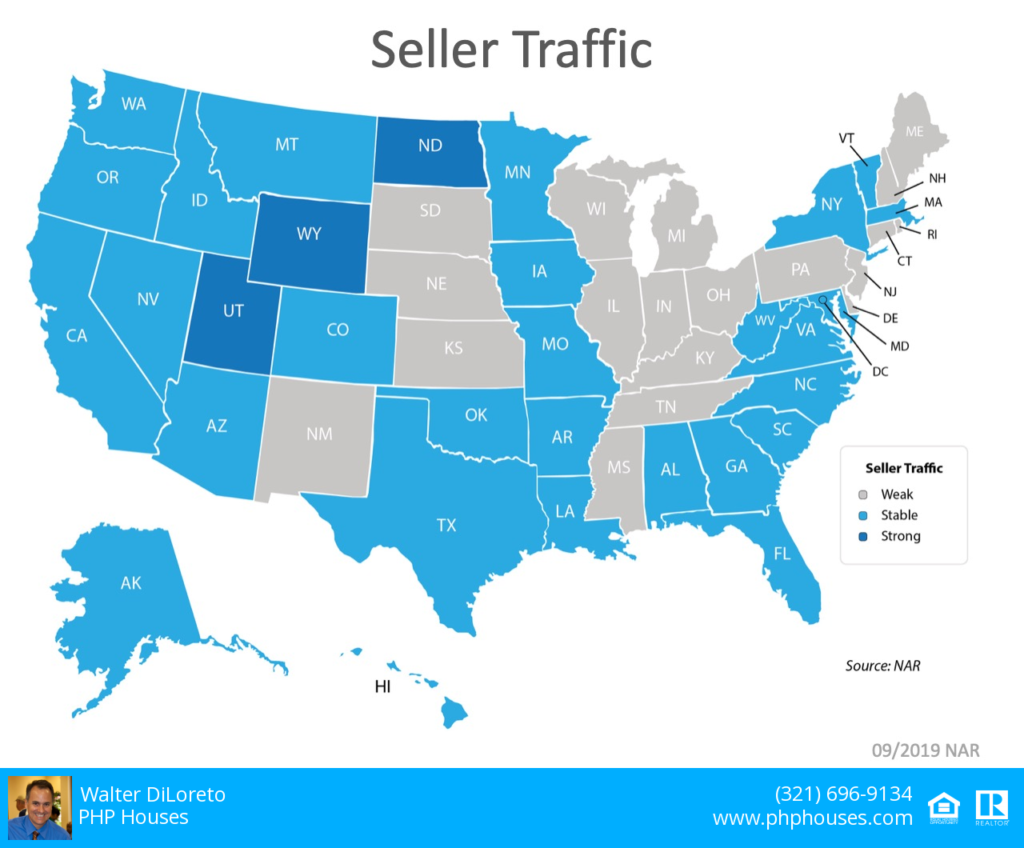Foreclosure is a scary process for most homeowners. When you acquire a mortgage, there’s a constant threat of foreclosure looming over your head. Knowing how to stop foreclosure from happening before it becomes a problem is an important thing for homeowners to understand. Whether the continual payments are too high or a homeowner finds himself experiencing financial hardship, having your home seized by the courts is a real possibility. But even after missing a few months of payments and receiving a Notice of Default, losing your home doesn’t have to be inevitable. With a general knowledge of the foreclosure process and determination to keep your home, you can learn how to stop foreclosure in FL. We’ll show you how so that you can be prepared should you ever need to avoid a foreclosure. 
Communicate with Your Lender
Although homeowners have several strategies to choose from when deciding how to stop foreclosure process, some everyday advice can be implemented to slow the foreclosure’s acceleration. Before making major life-altering decisions, consider some of these general tips when contacting your lender. One of the easiest ways how to stop foreclosure in FL is by communicating with the mortgage company. If a homeowner cannot meet the required monthly payments, changing the amount owed each month will ease a borrower’s financial burden. Asking for a loan modification is one possible permanent solution. Loan modifications typically allow homeowners to make lower payments at higher interest rates or over an extended loan period. If a borrower is on the cusp of foreclosure due to several missed payments, they can ask their lender about reinstatement. Also known as a temporary indulgence, a reinstatement allows homeowners to bring their loan current and proceed with their mortgage as before. However, a borrower must be able to afford to make the missed payments in addition to late fees and interest rates. Reinstatement might not be a viable option for homeowners with lasting financial issues. Mortgage companies can also offer other plans to assist homeowners when asked. Repayment plans, for instance, allow borrowers to repay missed payments by making slightly increased monthly payments. These plans allow you to catch up while stopping foreclosure. All a homeowner needs to do is communicate with their lender and ask about current options to relieve loan debt. More times than not, a quick call to a sympathetic lender can be home-saving.
Seek Help
 Seeking the help of third-parties is another way how to stop foreclosure in FL. Although homeowners have several options when stopping foreclosure, sometimes the process is too much for a single person. Enlisting the expertise of professionals will lessen your stress while providing a multitude of options for keeping your home. One option available to borrowers is contacting a foreclosure avoidance counselor. The U.S. Department of Housing and Urban Development (HUD) offers free housing counseling services to give homeowners the information and assistance necessary to avoid foreclosure. They’re offered in every state and can be found conveniently on HUD’s website. Homeowners can also seek out help from the new Home Affordable Modification Program. Enacted by President Obama, the Homeowner Affordability and Stability Plan (HASP) allows homeowners to refinance to reduce monthly payments while implementing a special Making Home Affordable loan modification that can be applied by lenders. “If your mortgage payment is more than 31 percent of your monthly income, for instance, the new program offers financial incentives to lenders to lower the monthly payments,” adds Fraser Sherman, prominent finance journalist. Borrowers can also seek help from the courts. The expertise applied when hiring an attorney can be helpful when wanting to know how to stop foreclosure immediately. Not every foreclosure process warrants legal intervention; nonjudicial foreclosures skip the courts altogether. If a homeowner feels like their foreclosure is unjust due to lender errors, unfair terms, or failure to follow legal procedures, they may have a viable lawsuit. These substantive defenses are considered the best legal way to stop the foreclosure process.
Seeking the help of third-parties is another way how to stop foreclosure in FL. Although homeowners have several options when stopping foreclosure, sometimes the process is too much for a single person. Enlisting the expertise of professionals will lessen your stress while providing a multitude of options for keeping your home. One option available to borrowers is contacting a foreclosure avoidance counselor. The U.S. Department of Housing and Urban Development (HUD) offers free housing counseling services to give homeowners the information and assistance necessary to avoid foreclosure. They’re offered in every state and can be found conveniently on HUD’s website. Homeowners can also seek out help from the new Home Affordable Modification Program. Enacted by President Obama, the Homeowner Affordability and Stability Plan (HASP) allows homeowners to refinance to reduce monthly payments while implementing a special Making Home Affordable loan modification that can be applied by lenders. “If your mortgage payment is more than 31 percent of your monthly income, for instance, the new program offers financial incentives to lenders to lower the monthly payments,” adds Fraser Sherman, prominent finance journalist. Borrowers can also seek help from the courts. The expertise applied when hiring an attorney can be helpful when wanting to know how to stop foreclosure immediately. Not every foreclosure process warrants legal intervention; nonjudicial foreclosures skip the courts altogether. If a homeowner feels like their foreclosure is unjust due to lender errors, unfair terms, or failure to follow legal procedures, they may have a viable lawsuit. These substantive defenses are considered the best legal way to stop the foreclosure process.
The Bankruptcy Option
 Many homeowners find themselves at risk for foreclosure after accruing a large amount of debt. They might think filing for bankruptcy is the simplest solution to escape their financial troubles. In some instances and with enormous debts, that can be true. However, if a homeowner isn’t keen on a lengthy litigation process and wants to halt the foreclosure process immediately, filing for bankruptcy might not be the best strategy for how to stop foreclosure in FL. Once an individual files the petition for bankruptcy, federal law prohibits debt collectors from seizing assets to pay off what’s owed. Since foreclosure is considered a collection activity, mortgage lenders must halt the foreclosure process. Once in court though, the bankruptcy trustee’s role is to play mediator between the filer and creditors, not absolve debt. Going through the courts will buy borrowers time to make past mortgage payments, but it won’t stop the foreclosure process completely. Filing for bankruptcy also has longer lasting consequences. Depending upon which chapter of bankruptcy you file under, the filing will remain on an individual’s credit report for up to ten years. During that period, it can prevent a homeowner from obtaining future lines of credit or borrowing from another lender. If a homeowner forecloses after filing, they’ll be unable to take out another loan and may be forced to live in an undesirable location until they can. Unless the consequences of bankruptcy are manageable to a homeowner, it’s not the best option when deciding how to stop home foreclosure proceedings. Just be careful that you don’t end up paying attorneys the money you could have used to pay arrears and get out of foreclosure. Yikes!
Many homeowners find themselves at risk for foreclosure after accruing a large amount of debt. They might think filing for bankruptcy is the simplest solution to escape their financial troubles. In some instances and with enormous debts, that can be true. However, if a homeowner isn’t keen on a lengthy litigation process and wants to halt the foreclosure process immediately, filing for bankruptcy might not be the best strategy for how to stop foreclosure in FL. Once an individual files the petition for bankruptcy, federal law prohibits debt collectors from seizing assets to pay off what’s owed. Since foreclosure is considered a collection activity, mortgage lenders must halt the foreclosure process. Once in court though, the bankruptcy trustee’s role is to play mediator between the filer and creditors, not absolve debt. Going through the courts will buy borrowers time to make past mortgage payments, but it won’t stop the foreclosure process completely. Filing for bankruptcy also has longer lasting consequences. Depending upon which chapter of bankruptcy you file under, the filing will remain on an individual’s credit report for up to ten years. During that period, it can prevent a homeowner from obtaining future lines of credit or borrowing from another lender. If a homeowner forecloses after filing, they’ll be unable to take out another loan and may be forced to live in an undesirable location until they can. Unless the consequences of bankruptcy are manageable to a homeowner, it’s not the best option when deciding how to stop home foreclosure proceedings. Just be careful that you don’t end up paying attorneys the money you could have used to pay arrears and get out of foreclosure. Yikes!
How to Stop Foreclosure and Save Your Home
 Although homeowners have several methods available to saving their property from repossession, some options are better than others. Selling your property to a cash home buyer before the lender takes it to auction might be the best way how to stop foreclosure in FL. Homeowners have the option to sell to a cash home buyer, even after a lender begins the foreclosure process. After defaulting but before the Notice of Sale, mortgage companies must consider selling if a borrower gets an offer from a buyer. Many lenders prefer this to other options because it saves them time, effort, and trouble when looking for home buyers at auction. Selling to a cash house buyer is the best method to saving your home because it allows homeowners to keep whatever profit they make after paying back the lender. When homeowners sell, they gain standing in an otherwise powerless situation. Foreclosure is a scary threat on your credit that could possibly leave you homeless. By selling to a cash house buyer, homeowners gain the advantage of making their own decisions, acquiring money to use on their next property, and forego the foreclosure process completely. It’s the best option when needing to know how to stop foreclosure in FL.
Although homeowners have several methods available to saving their property from repossession, some options are better than others. Selling your property to a cash home buyer before the lender takes it to auction might be the best way how to stop foreclosure in FL. Homeowners have the option to sell to a cash home buyer, even after a lender begins the foreclosure process. After defaulting but before the Notice of Sale, mortgage companies must consider selling if a borrower gets an offer from a buyer. Many lenders prefer this to other options because it saves them time, effort, and trouble when looking for home buyers at auction. Selling to a cash house buyer is the best method to saving your home because it allows homeowners to keep whatever profit they make after paying back the lender. When homeowners sell, they gain standing in an otherwise powerless situation. Foreclosure is a scary threat on your credit that could possibly leave you homeless. By selling to a cash house buyer, homeowners gain the advantage of making their own decisions, acquiring money to use on their next property, and forego the foreclosure process completely. It’s the best option when needing to know how to stop foreclosure in FL.
Get a No-Obligation Cash Offer Within 24 Hours
See, learning how to stop foreclosure isn’t as bad as you thought. If you’d like to see how much you could get for your house from a buyer that can close it fast, give us a call at 407-641-1531. We buy houses in Orange Seminole Volusia Lake Osceola Counties and can close within 2 days if absolutely necessary. We pay fair prices, but if our offer is not acceptable, you have absolutely no obligation to take it. It has to work for both parties and we only move forward if everyone is happy. Give us a call and find out what we can pay you for your house! Contact us: PHP Houses 142 W Lakeview Ave Unit 1030 Lake Mary, FL 32746 Ph: (407) 519-0719 Fax: (407) 205-1951 email: info@phphouses.com
Let’s Connect: Facebook Linkedin Twitter Instagram


